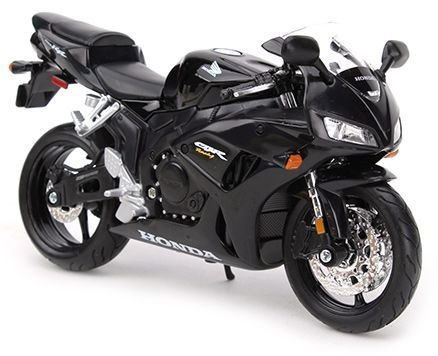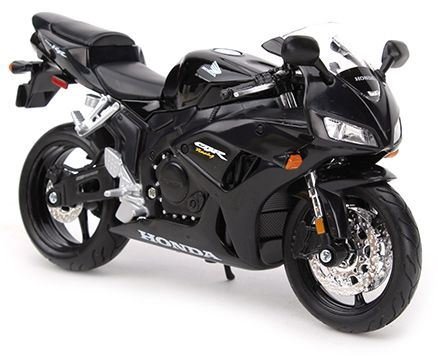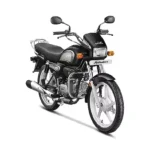Hyundai
Hyundai Motors: Pioneering Mobility from Cars to Bikes
Hyundai Motors, a name synonymous with reliability, innovation, and affordability, has consistently been a dominant force in the global automotive landscape. Headquartered in Seoul, South Korea, Hyundai has expanded far beyond its roots to become one of the most trusted and recognized automobile manufacturers in the world. Known primarily for its cars and SUVs, Hyundai is now steering into a new and exciting direction: bikes, particularly electric bikes (e-bikes), as part of its strategy to embrace sustainable, last-mile mobility.

A Brief Overview of Hyundai Motors
Founded in 1967, Hyundai Motor Company has grown rapidly from a local vehicle manufacturer to a global conglomerate. The brand initially made its mark in the global automotive market with small, affordable cars, such as the Hyundai Excel and Accent. Over the years, Hyundai invested heavily in research, design, and safety, culminating in the sleek, futuristic, and high-performance lineup we see today.
Hyundai operates in more than 200 countries and owns multiple production facilities worldwide. Its most popular vehicles include the Hyundai Elantra, Sonata, Tucson, Santa Fe, and the all-electric Ioniq series. Hyundai’s philosophy, “Progress for Humanity,” reflects its goal of using mobility to bring people closer and create a more connected, sustainable future.
The Shift Toward Green and Smart Mobility
Hyundai has long understood the importance of adapting to change. With climate change becoming a growing global concern and cities facing traffic congestion and pollution, Hyundai has made significant investments in electric vehicles (EVs), hybrid technology, hydrogen fuel cells, and smart mobility solutions.
Models like the Hyundai Ioniq 5 and Ioniq 6 have received international acclaim for their innovative design, long electric ranges, and advanced features. These EVs are part of Hyundai’s broader strategy to achieve carbon neutrality by 2045 and phase out internal combustion engine vehicles in key markets.
But Hyundai hasn’t stopped with cars. Recognizing the need for efficient urban transportation and micro-mobility solutions, the company is now entering the bike market—with a special emphasis on electric bikes (e-bikes) and smart two-wheeled transportation.
Hyundai Enters the Bike Market
Hyundai’s move into the bike segment might surprise some, but for those following mobility trends, it makes perfect sense. The future of transportation isn’t just about cars—it’s about offering comprehensive solutions that span short and long distances, are eco-friendly, and reduce the burden on urban infrastructure.
Why Bikes?
The rise of bikes—particularly electric bikes—has been phenomenal in recent years. City dwellers, commuters, and eco-conscious consumers are increasingly turning to bikes for their daily transportation needs. They are compact, cost-effective, zero-emission, and ideal for last-mile travel. Governments around the world are also investing in bike lanes and infrastructure, making biking a safer and more viable alternative.
Hyundai sees this trend not just as a fad, but as a critical piece of the mobility puzzle. By entering the bike space, the company is extending its commitment to clean, smart transportation beyond cars.
Hyundai’s Electric Bike Concepts
Hyundai unveiled its first electric bike concept at the 2020 Consumer Electronics Show (CES) in Las Vegas. The sleek, compact bike was designed with urban mobility in mind. It featured a 36V lithium battery with a range of around 20 miles and a top speed of approximately 20 km/h (12 mph).
The design was modern and lightweight, with foldable functionality, making it perfect for commuters who need to combine bike travel with public transportation or car travel. While Hyundai has not yet mass-produced this e-bike, the concept indicates a clear direction for the brand’s innovation in the personal mobility space.
Hyundai also plans to integrate its e-bikes with its cars. For example, the bike could be stored and charged inside a car, offering a seamless transition from driving to biking. This concept reflects Hyundai’s vision of a multimodal transportation system that connects various forms of mobility.
Smart Mobility Integration
Hyundai’s e-bikes are not stand-alone products—they’re a part of a broader smart mobility ecosystem. With features like GPS tracking, app-based controls, anti-theft systems, and smart locking mechanisms, Hyundai is integrating digital technologies to make biking not just efficient but also intelligent.
Through its subsidiary Hyundai Mobis, the company is also working on software and sensor technologies that can connect bikes to smartphones and smartwatches, providing real-time feedback on performance, navigation, and safety.
Urban Mobility and Sustainability
Hyundai’s foray into bikes reflects a deeper commitment to urban mobility. With megacities like New York, London, Seoul, and Mumbai struggling with congestion and pollution, there’s a pressing need for compact, low-impact transport solutions.
By producing bikes, Hyundai is:
- Reducing carbon footprints: E-bikes offer zero emissions, helping cities lower their greenhouse gas emissions.
- Encouraging healthier lifestyles: Biking promotes physical fitness and reduces stress.
- Easing congestion: Bikes occupy less space and reduce overall traffic density.
- Supporting multimodal transit: With smart planning, citizens can switch between public transit, bikes, and cars seamlessly.
Partnerships and Global Strategy
Hyundai is also exploring partnerships with tech firms and urban planners to enhance its bike mobility strategy. Collaborations may include:
- Shared e-bike fleets in major cities
- Subscription-based models for Hyundai customers
- Fleet management tools for corporate or delivery services
Additionally, Hyundai could introduce e-bikes as part of its car leasing programs, allowing customers to use both a car and a bike under one unified plan—an attractive proposition for urban professionals.
Future Prospects: Will We See a Hyundai Bike Showroom?
While Hyundai has not yet launched a dedicated bike division or retail line, the future looks promising. If current market trends continue and consumer interest in sustainable transportation grows, Hyundai may invest further in the design, production, and global distribution of bikes—especially e-bikes.
In the long run, we may even see Hyundai-branded bike showrooms, or service centers integrated into existing Hyundai dealerships. Given the company’s technological capabilities, strong brand recognition, and financial strength, Hyundai is well-positioned to become a significant player in the two-wheeler market.
.


